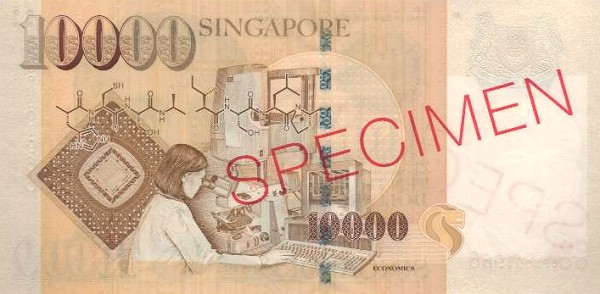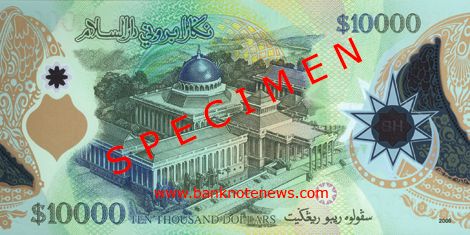
There are travellers for whom the cheap and easy slander of a former RBA official, Peter Mair, about pensioners hoarding large denomination banknotes and the need to therefore demonetize $50 and $100 notes touches more on the their own personal strategy for dealing with hotels demanding credit card cash approvals at check-in.
Hotels worldwide have a habit of asking for a charge or credit card impression in advance against room charges.
But that advance approval is sometimes in the order of thousands of dollars, and sometimes, the hotels also forget to cancel the advance approval, which means its value continues to be deducted from the available credit on your card until the next billing cycle.
Travel forums have long carried stories of outrage from travellers, and business people, who find that after an important lunch with friends or clients, their card is declined because the hotel advance approval has drained the remaining credit to less than the bill.
The solution to this, is of course to call the hotel’s bluff, and offer cash, and protect your card security and your credit availability. The way someone I know well does this is to present a beautiful, large, purple €500 note, and insist it be placed in a countersigned envelope to be returned on checking out, when the much smaller charges related to laundry or internet access are settled by card. Note that we are talking laundry charges, not for laundering, for which you need a casino, or a race track, rather than a hotel.
My acquaintance claims that this ploy instantly improves hotel service too, since you are assumed to be Mafioso, and nothing, nothing, is any trouble any more.
Of course, there are hotels where one €500 bill isn’t going to cut it. For that, you can consider the pink $SIN 1000 note, the bluish purple Swiss Franc 1000 note, or the largest value banknote in general (but rarified) circulation, with the golden $SIN 10,000 note or its Brunei 10K counterpart, which is predominantly green and startling in its art work.

The origins of the advance approval against a charge or credit card are lost in mythology. The more colourful stories involve Mick Jagger allegedly pushing the grand piano in his suite into the swimming pool some distance below, in Hollywood, Monaco, Las Vegas, Paris or wherever, after which planning for this contingent risk became the excuse for demanding a card impression.
It is however, an intrusion, especially for those of us who prefer to be as anonymous as is legally possible, and keep our financial details including credit card numbers out of the hands of those who might by design or error, steal or circulate our identities in a potentially harmful way.
And there is of course, another reason for keeping cash alive, despite all the obvious story placements recently about the ‘death of cash’ and ‘electronic wallets’.
$100 equals $100 when it is tendered as cash. But when it is part of an electronic purse (perfectly incapable of being hacked, as if) it could be worth as little as $95 because the financial services industries pushing this technology want up to 5% of the value of each transaction.
Which is outrageous, 0.05% would be outrageous. Do the maths. The impact on Australian GDP of a new electronic toll gate across the value of formerly cash transactions bleeds away national productivity from actually making and selling and consuming stuff into supporting a parasitical activity that can never guarantee security and will cost typical Australian households thousands of dollars of their income a year.
Which leaves me with a personal question. Can I bluff my way out of handing over a credit card at a hotel check in with a few $20 notes?








Crikey is committed to hosting lively discussions. Help us keep the conversation useful, interesting and welcoming. We aim to publish comments quickly in the interest of promoting robust conversation, but we’re a small team and we deploy filters to protect against legal risk. Occasionally your comment may be held up while we review, but we’re working as fast as we can to keep the conversation rolling.
The Crikey comment section is members-only content. Please subscribe to leave a comment.
The Crikey comment section is members-only content. Please login to leave a comment.